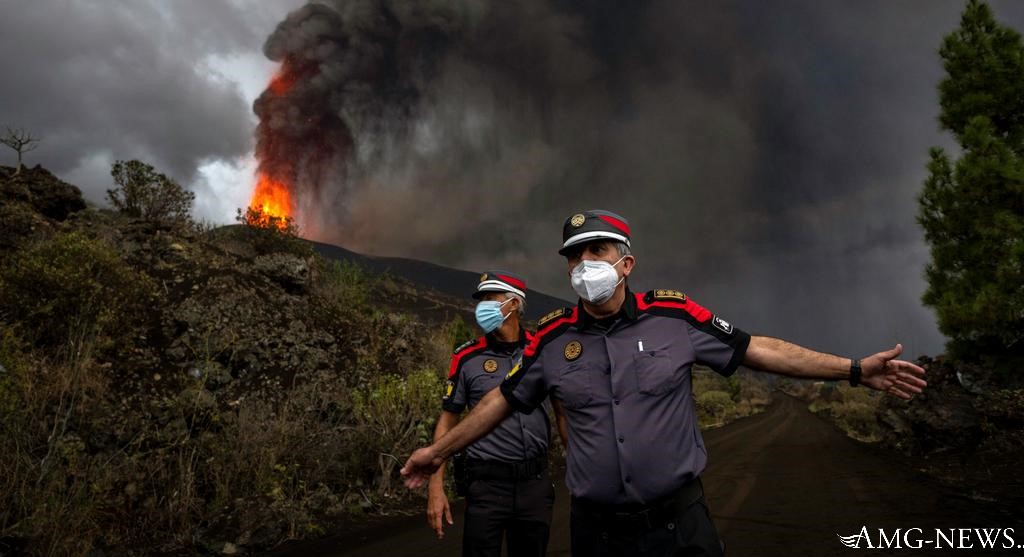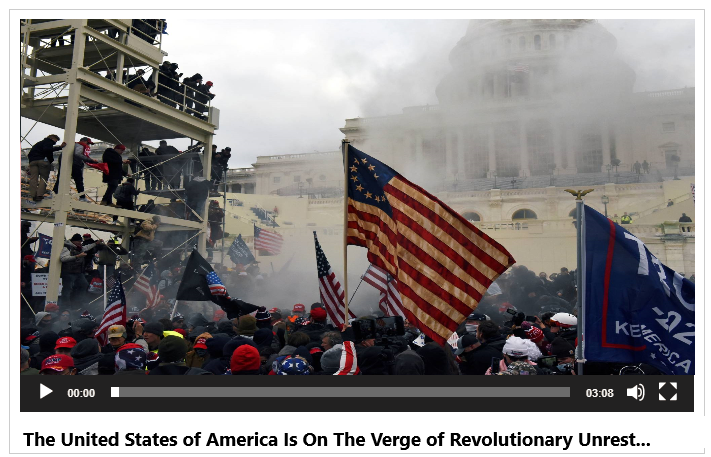Border Breakdown: The Immigration Catastrophe Threatening America’s Future!
Ready to uncover the truth? Sick of the lies? Join our Telegram Channel now. It’s time for the real story! My gratitude to all my readers!
The U.S. faces an unprecedented immigration crisis, where humanitarian responsibility clashes with urgent security needs, challenging America’s very identity and future.
As the world’s most powerful nation teeters under a wave of immigration unlike any in recent history, the pressure is on. An avalanche of migrants is storming the borders, and the struggle to manage this influx raises chilling questions: Can America safeguard its people without sacrificing its humanitarian heart? Or are we watching the fabric of national security unravel before our eyes?
The Immigration Surge: A Crippling Wave Strikes the Nation
The scale of immigration today is nothing short of a tidal wave crashing into the shores of an unprepared nation. Millions are fleeing poverty, violence, and despair, converging on borders already stretched to breaking point. What was once a manageable stream of hopefuls seeking a better life has turned into a relentless surge, catching the country’s resources and political institutions off guard.
This unprecedented influx is not a fleeting issue or a seasonal phenomenon. Instead, it’s a sustained, persistent drive by masses desperate for refuge and opportunity. But the nation’s systems are buckling, unable to withstand the pressure. Hospitals, schools, and housing markets are groaning under the strain, while border patrol agents face impossible demands on the frontlines of a battle they’re struggling to win. It’s not merely an immigration crisis anymore; it’s a full-blown emergency challenging the nation’s stability.
Behind the Crisis: Economic Desperation and Escaping Violence
At the core of this crisis are migrants escaping extreme violence and unlivable economic conditions in their homelands. Countries across Latin America, ravaged by poverty, drug cartels, and corrupt governments, are seeing an exodus of citizens who believe that the United States represents their only hope. For many, remaining in their countries is equivalent to a death sentence—a chilling reality that propels people across treacherous terrain, often paying their life savings to smugglers and risking their lives to cross the border.
The desperation fueling this journey is profound and gut-wrenching. Families arrive with nothing but the clothes on their backs, clutching babies and small children in the hope of a better future. But while their plight draws sympathy from many, the reality remains that a nation can only bear so much. How can a country serve as a lifeboat for the world’s desperate while still ensuring the well-being and safety of its citizens? It’s a question that looms heavily over the debate, complicating even the most well-meaning humanitarian intentions.
Humanitarian Responsibility: Where Do We Draw the Line?
For centuries, America has been a beacon of hope, a place where “Give me your tired, your poor” was more than a line on a statue; it was a national identity. However, the present crisis tests the very limits of this identity. Compassion battles with practicality as communities and cities nationwide grapple with the logistics of housing, feeding, and supporting the incoming wave of humanity.
What happens when a humanitarian mission becomes an untenable burden? The answer isn’t clear-cut. There are calls for compassion, with many voices urging the country to honor its traditions of generosity. Faith groups, human rights organizations, and everyday citizens rally for immigrant support programs, citing moral and ethical imperatives. Yet, as the strain on resources increases, so does public frustration, sparking heated debates and dividing communities on where the responsibility of one country ends and another begins.
National Security Threat: The Growing Concerns Within Our Borders
The question of security is not merely an abstract debate—it’s a tangible fear among many Americans who see the uncontrolled border situation as a crack in the dam of national safety. Law enforcement agencies warn that amidst the large numbers of migrants, dangerous elements may slip through. Human trafficking, drug smuggling, and even terrorism are haunting concerns as borders falter under the sheer volume of people crossing.
The potential for nefarious actors to exploit humanitarian weaknesses is not just speculation. Drug cartels see opportunity in chaos, using overwhelmed areas as conduits for illegal substances that end up in American communities. The consequence is a perfect storm of public safety risks, leaving many Americans uneasy, wondering whether the very idea of national security is being undermined in the name of compassion. This isn’t fearmongering; it’s an alarm that’s being sounded by security experts and local authorities alike, demanding immediate attention.
Economic Impact: A Strain on Jobs, Resources, and Infrastructure
An influx of this scale doesn’t come without economic repercussions. From job markets to public resources, every sector feels the strain of a sudden, significant increase in population. Small towns and large cities alike are overwhelmed with increased demands on infrastructure that simply wasn’t built to handle such an unprecedented rise.
The competition for low-wage jobs intensifies, often creating resentment among working-class citizens who feel that their opportunities are slipping away. Housing costs in affected areas skyrocket, and homeless shelters are overwhelmed with both new arrivals and locals displaced by rising costs. Schools buckle as student numbers surge, and healthcare systems reel as they attempt to provide adequate care under mounting pressure. This is more than an economic inconvenience; it’s a reality that destabilizes entire communities, putting a severe strain on essential services and the working poor.
Political Paralysis: The Failure to Act
The immigration crisis has starkly highlighted the political dysfunction in addressing one of the most pressing issues of our time. Both sides of the political aisle have failed to create sustainable policies, instead weaponizing the crisis to stoke fear, outrage, and division. Legislation gets caught in gridlock, with each side pointing fingers rather than working toward viable solutions.
The lack of meaningful immigration reform feeds into the problem, leaving frontline workers without the tools they need to manage the crisis effectively. It also fans the flames of public frustration, leading to growing distrust in the government’s ability to protect its people and its values. Politicians talk about comprehensive reform, but talk alone has proven woefully inadequate. The lack of decisive action has left a vacuum, filled only by an intensifying crisis and the desperation of the American people for effective leadership.
Human Rights Violations: The Harrowing Reality at the Border
As the crisis escalates, reports of human rights violations at the border reveal a disturbing side of this dilemma. Stories of overcrowded detention centers, family separations, and brutal treatment by border authorities are a grim reality that cannot be ignored. Humanitarian advocates paint a haunting picture of despair, with children and families caught in the crossfire of broken policies and insufficient resources.
These incidents showcase a side of the crisis that challenges the very soul of the nation. While there are legitimate security concerns, there is also a responsibility to uphold basic human dignity. Yet, as border agents are overwhelmed and tensions rise, human rights often become casualties of a system struggling under an unbearable load. It’s a moral crisis intertwined with a logistical nightmare, raising uncomfortable questions about how far a nation can go in the name of security without sacrificing its humanity.
Border Towns Under Siege: The Struggles of Local Communities
In towns along the U.S.-Mexico border, the crisis is not an abstract concept—it’s a day-to-day reality. Local communities bear the brunt of the influx, with resources stretched to their limits and citizens facing the immediate consequences. Schools are overcrowded, hospitals lack capacity, and public services struggle to keep up with the demand.
For many residents, the constant presence of migrants has changed the fabric of their communities. Safety concerns increase as tensions simmer between locals and newcomers, resulting in strained relationships and a palpable sense of unrest. It’s not merely about xenophobia; it’s about a way of life upended by forces beyond their control. Border towns find themselves caught between empathy and exhaustion, reflecting the country’s conflicted response to the crisis.
The Global Impact of America’s Immigration Policies
The world watches as America grapples with its immigration crisis, aware that the country’s response will reverberate across the globe. Stricter policies or more open borders could inspire similar moves by other nations. Global leaders, particularly in Europe, face similar challenges and closely observe how America manages its responsibilities versus its security priorities.
Moreover, America’s actions—or inaction—send a powerful message to those suffering abroad. For many, the hope of reaching the U.S. drives them forward. If that hope fades, what happens to the millions displaced by poverty and violence worldwide? America’s response could determine the fate of future migration flows, affecting not only its own borders but also global trends in displacement and asylum-seeking.
A Path Forward: Striking a Balance Between Compassion and Security
The road ahead is treacherous and complex, requiring a nuanced approach that combines compassion with practical security measures. True reform means acknowledging the needs and rights of migrants while respecting the limits of national resources and security. Policy must evolve to address both immediate challenges and long-term sustainability.
It will take bold, bipartisan cooperation and the will to enact policies that safeguard both American citizens and the vulnerable migrants seeking shelter. This isn’t a choice between caring and protecting; it’s about finding solutions that embody both ideals, preserving the American dream for citizens and immigrants alike. The time for meaningful change is now—anything less would be a dereliction of responsibility in a moment of national crisis.
Conclusion: America at a Crossroads
The immigration crisis on America’s borders has forced the nation to confront its identity, values, and security. It is a test of endurance, compassion, and resilience that has no easy answers. The stakes have never been higher, and the consequences of inaction could echo for generations to come. In the end, America must decide: Will it remain a beacon of hope or sacrifice its ideals in the name of survival?
Our mission to champion democracy, freedom of speech, and patriotic values relies on the support of dedicated individuals like you. Your contribution is vital in helping us provide insightful analysis, uncover pressing issues, and inspire positive change in our nation.
Join us in our commitment to making a difference. Every donation counts and empowers us to continue our work in advocating for the values we hold dear.
Thank you for being a crucial part of our journey.

I’m a 33-year-old writer and the founder of World Reports Today. Driven by the timeless principles of democracy and freedom of speech, I use my platform and my writing to amplify the voices of those who uphold these ideals and to spark meaningful conversations about the issues that truly matter.






